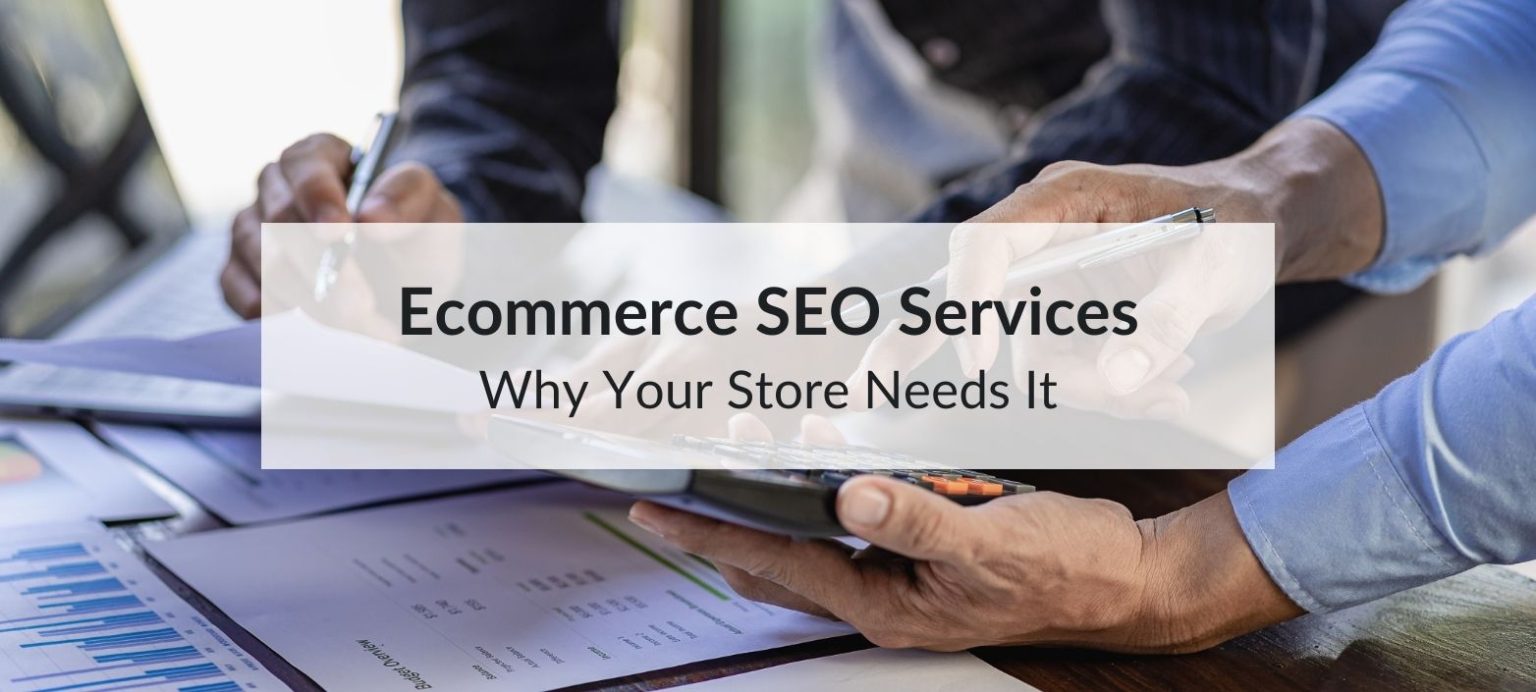With increasing competition, achieving visibility is a real challenge. That’s where ecommerce SEO services come into play, making your store accessible to potential customers right when they’re searching for your products. With effective SEO, you’re not just climbing search rankings—you’re opening the doors to more organic traffic, increased sales, and long-term customer loyalty. Let’s dive into how ecommerce SEO can make all the difference for your online store and what steps you can take to start seeing results.
1. What Are Ecommerce SEO Services?
Ecommerce SEO goes beyond the basics of SEO by focusing on strategies tailored to online retail. These services include everything from optimizing product pages to creating content that drives high-intent traffic. Key areas include:
- Keyword Optimization: Targeting search terms that potential buyers use
- On-Page SEO: Enhancing titles, descriptions, and content to improve rankings
- Technical SEO: Fixing site speed, mobile usability, and other backend elements
- Content Creation: Developing guides, blogs, and FAQs that answer customer queries
- Link Building: Acquiring backlinks to boost domain authority
Investing in these services ensures that your store appears in search engine results when it matters most.
2. Benefits of Ecommerce SEO Services
A successful ecommerce SEO strategy does more than just improve rankings. Here’s how it benefits your store:
- Higher Organic Traffic: More visibility means more visitors, and organic traffic is typically high-quality since these users are actively searching for products like yours.
- Improved Conversion Rates: SEO helps attract relevant traffic that’s more likely to convert, as it matches your store with customer intent.
- Enhanced User Experience: Effective SEO isn’t just about search engines—it’s also about making the shopping experience seamless.
- Long-Term ROI: Paid ads offer quick results, but SEO provides a sustainable traffic source that builds over time, yielding a solid return on investment.
3. Key Components of a Successful Ecommerce SEO Strategy

To make the most out of ecommerce SEO services, focus on these key elements:
a. Keyword Research and Targeting
Keyword research is foundational to an effective SEO strategy. Find keywords that resonate with your audience, whether they’re researching, comparing, or ready to buy. Tools like Google Keyword Planner or Ahrefs can help identify high-volume, low-competition keywords.
b. Product Page Optimization
Product pages are often the main attraction of an eCommerce store. Optimize them by including target keywords in titles, descriptions, and meta tags. Consider adding unique, detailed product descriptions and user reviews to build credibility and engage customers.
c. Category Page Optimization
Category pages should be easy to navigate and highly relevant to both users and search engines. Use SEO-friendly URLs and engaging content that guides users through the buying journey.
d. Technical SEO Enhancements
For an ecommerce site, technical SEO is critical. This includes:
- Mobile Optimization: With over half of internet traffic coming from mobile devices, make sure your site is responsive.
- Site Speed: Customers expect fast-loading pages, especially when shopping. A delay in page load can lead to cart abandonment.
- Structured Data: Adding schema markup to your products helps search engines understand your content better, increasing the chances of rich snippets in search results.
e. Link Building and Content Marketing
Build quality backlinks from reputable sites to boost domain authority. In addition, create high-value content like how-tos, buying guides, and FAQs, which naturally attract links and drive engagement.
4. Choosing the Right Ecommerce SEO Agency
When selecting an ecommerce SEO agency, consider these factors:
- Industry Experience: Look for agencies that understand eCommerce-specific challenges.
- Transparent Reporting: Regular reports with metrics on traffic, rankings, and conversion are essential.
- Tailored Strategy: Avoid one-size-fits-all approaches. A customized SEO plan will align better with your business goals.
- Proven Track Record: Ask for case studies or client testimonials to gauge their expertise.
5. The Roadmap to Ecommerce SEO Success
Starting with SEO may seem overwhelming, but breaking it down into steps helps:
1. Audit and Research: Begin with an SEO audit to understand the current state of your website.
2. Keyword Selection: Identify keywords across different stages of the buying journey.
3. On-Page Optimization: Tweak titles, descriptions, and content.
4. Technical SEO Fixes: Address any issues related to site speed, mobile usability, and structured data.
5. Content Strategy: Develop a plan for regular content creation, focusing on high-value topics.
6. Link Building: Begin acquiring quality backlinks to boost your site’s authority.
6. Measuring the Impact of Ecommerce SEO Services
SEO is a long-term investment, so regularly assess your progress with these metrics:
- Organic Traffic: Are more people finding your site through search engines?
- Keyword Rankings: Track how your rankings change over time for target keywords.
- Bounce Rate and Time on Page: These indicators show how well your pages meet user expectations.
- Conversion Rate: Ultimately, SEO should lead to more sales. Monitor your conversion rate to gauge the effectiveness of your efforts.
7. Common Ecommerce SEO Pitfalls to Avoid
Even the best-intentioned SEO strategies can falter. Avoid these common pitfalls:
- Keyword Stuffing: Overloading pages with keywords can lead to penalties.
- Duplicate Content: Avoid duplicate content, especially on product pages, as it can hurt rankings.
- Ignoring Mobile Users: Ensure your site is optimized for mobile to avoid alienating a large segment of your audience.
- Neglecting Analytics: Regularly check your analytics to fine-tune your strategy and capitalize on what’s working.
Conclusion: Invest in Ecommerce SEO Services for Growth
By investing in SEO, you’re positioning your store for long-term growth, enhanced visibility, and a steady stream of organic traffic that’s ready to convert. Start by assessing your current SEO standing, choose the right agency, and build a strategy that aligns with your business goals. Before long, you’ll see your rankings—and your sales—climb.

